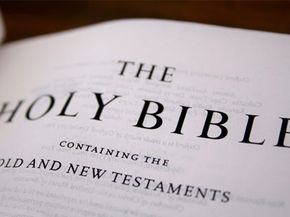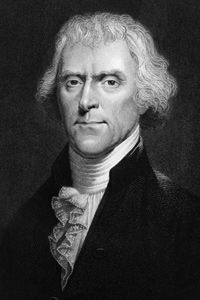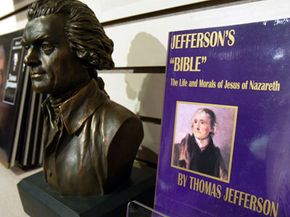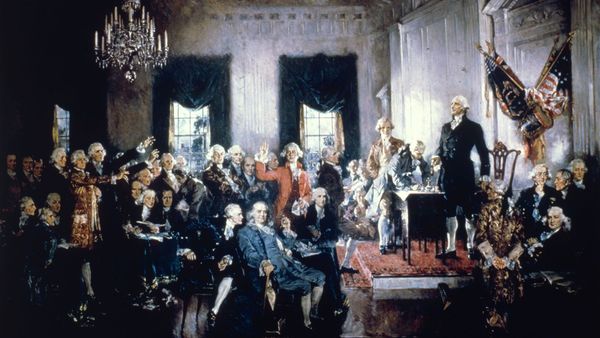We all have our favorite inspirational sayings. Some popular ones are "to thine own self be true," "the unexamined life is not worth living," and "march to the beat of your own drum." Once in a while, each of us finds a quote or a saying that seems to speak directly to us; it reminds us of our ultimate goals and clarifies our priorities. Many Christians take their favorite sayings from Jesus, such as "do to others as you would have them do to you" (Luke 6:31) and "let the one among you who is without sin be the first to throw a stone" (John 8:7).
There are others who embrace the basic tenets of the Christian faith but reject certain biblical passages that don't mesh with their worldview. Many modern churchgoers quickly grow uncomfortable at the words, "Wives, be submissive to your husbands" (Colossians 3:18). In addition, some don't agree with the supposed implications of certain biblical events. For instance, Catholics take the words of the Last Supper more literally than Protestants. Conversely, Protestants often interpret the Old Testament scriptures more literally than Catholics.
Advertisement
Most people agree, however, that Jesus was a fascinating historical figure. Even some non-Christians say that Jesus' teachings are supremely insightful. Many who feel torn and conflicted about the Bible have at times wanted to go through it with a permanent marker, rubbing out inconvenient verses that may seem outdated, inconsistent or downright wrong to them.
What you may not know is that one of the United States' beloved Founding Fathers actually did indulge in such a catharsis. The esteemed writer of the Declaration of Independence, who helped forge a new nation, also tried his hand at editing the Bible. Why was Thomas Jefferson inspired to rewrite this classic and -- according to many of the world's people -- sacred text?
Advertisement



